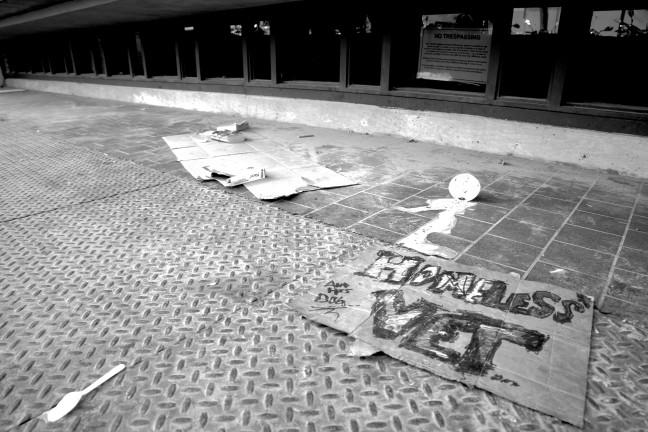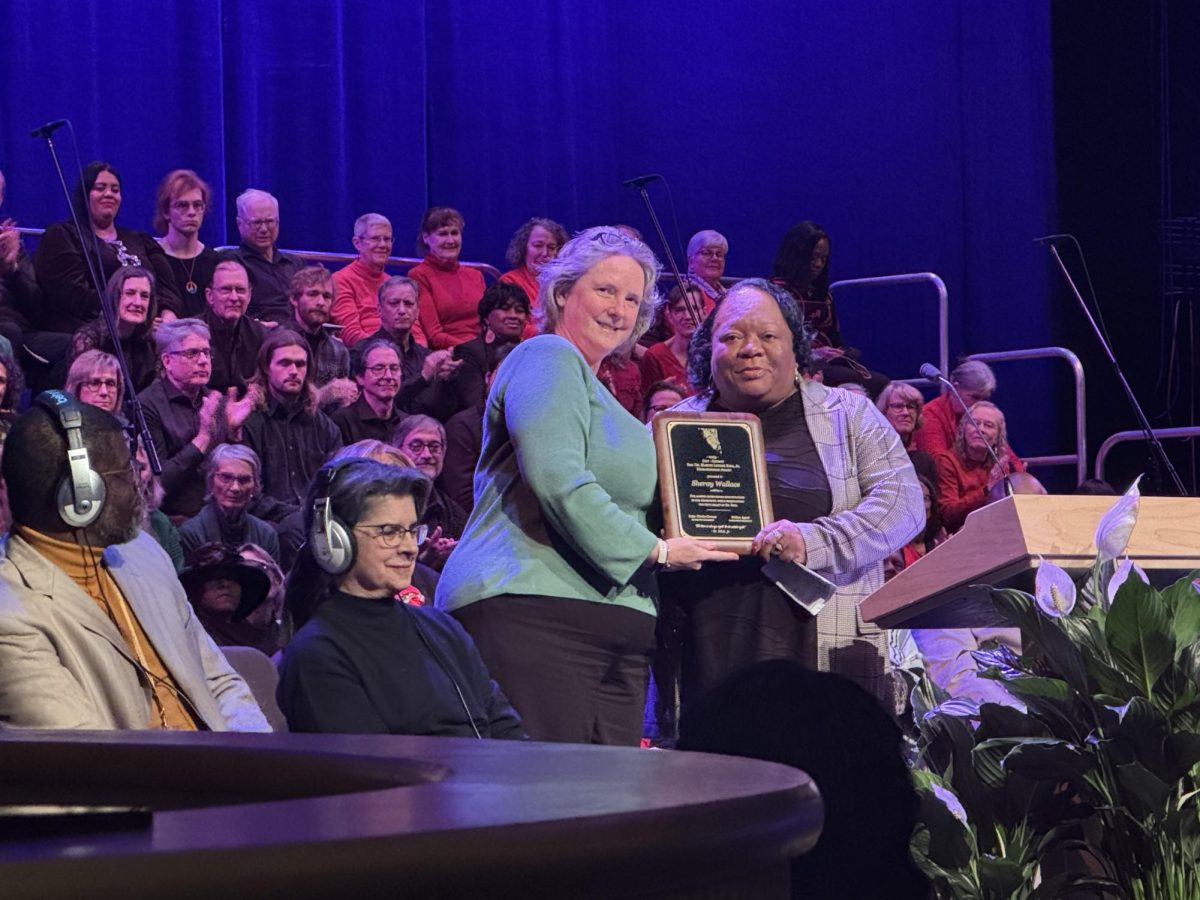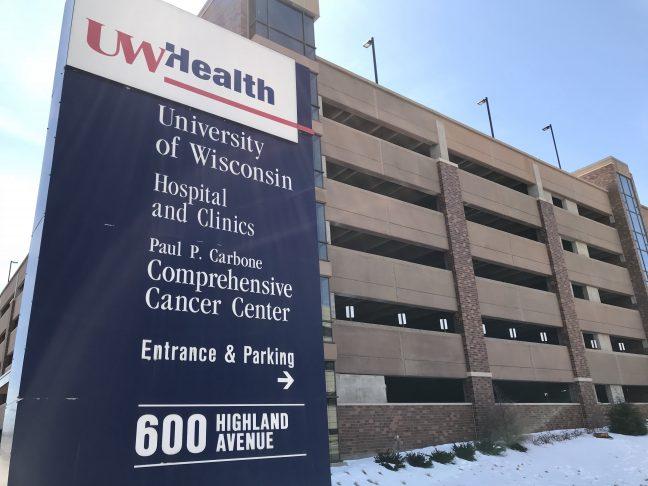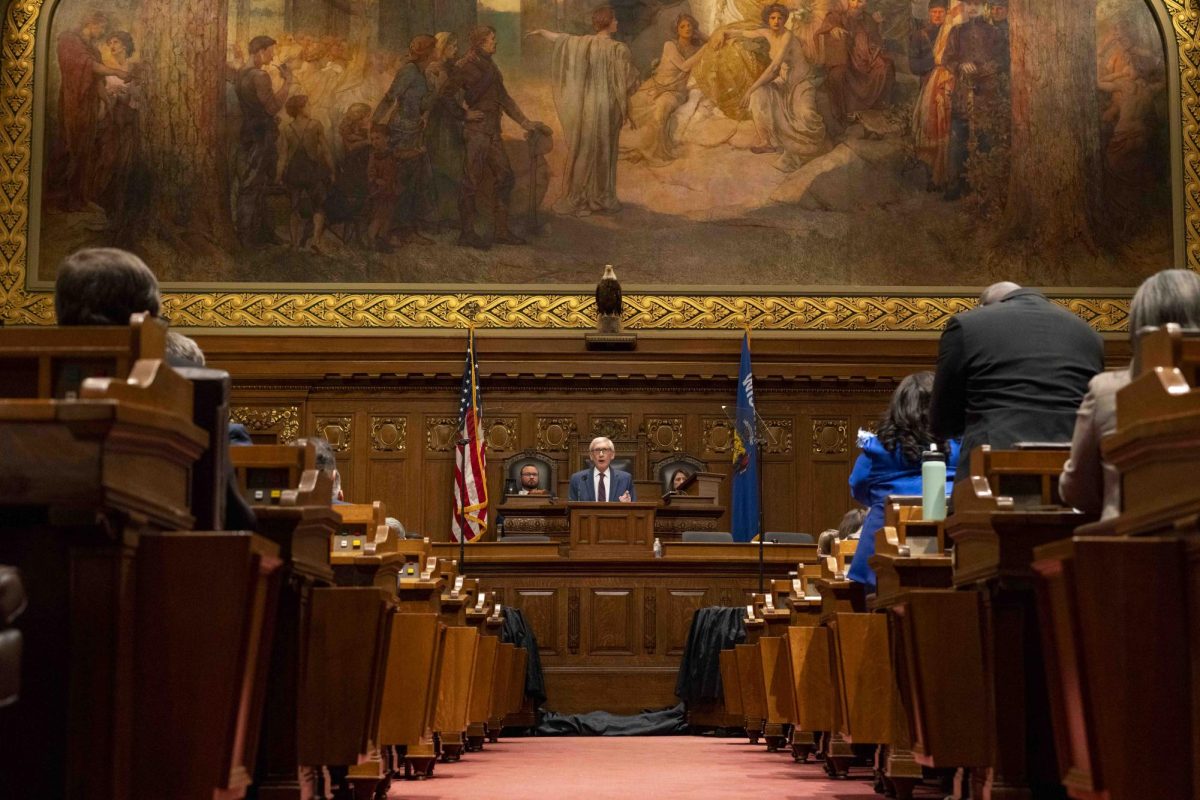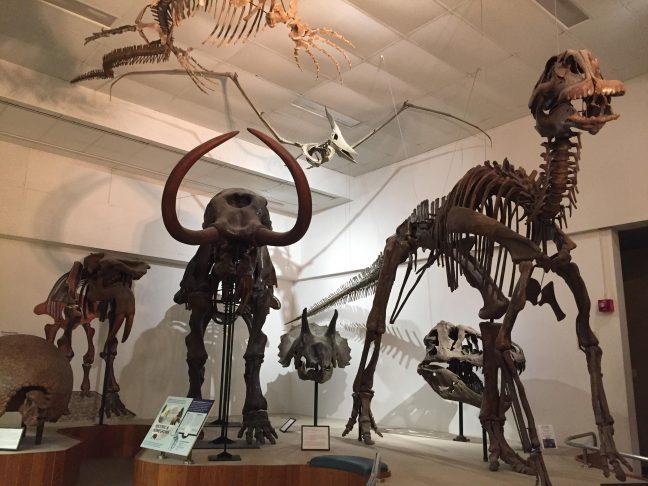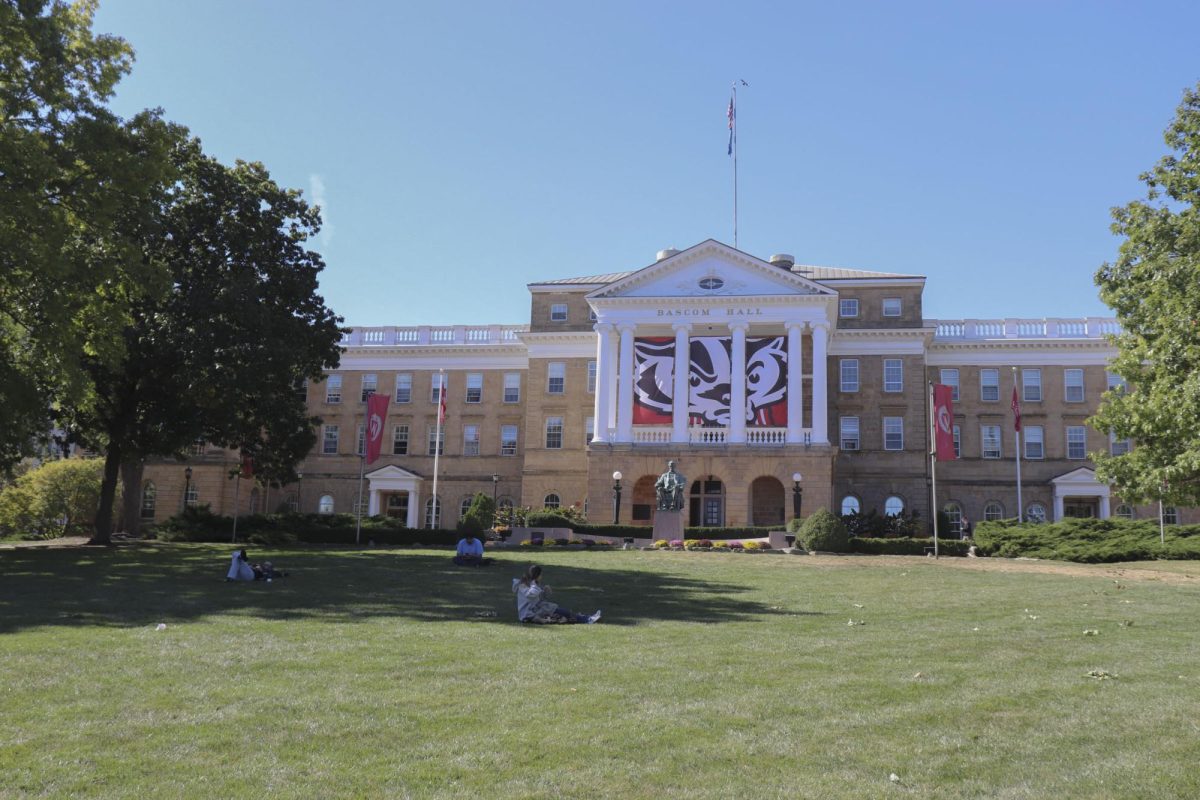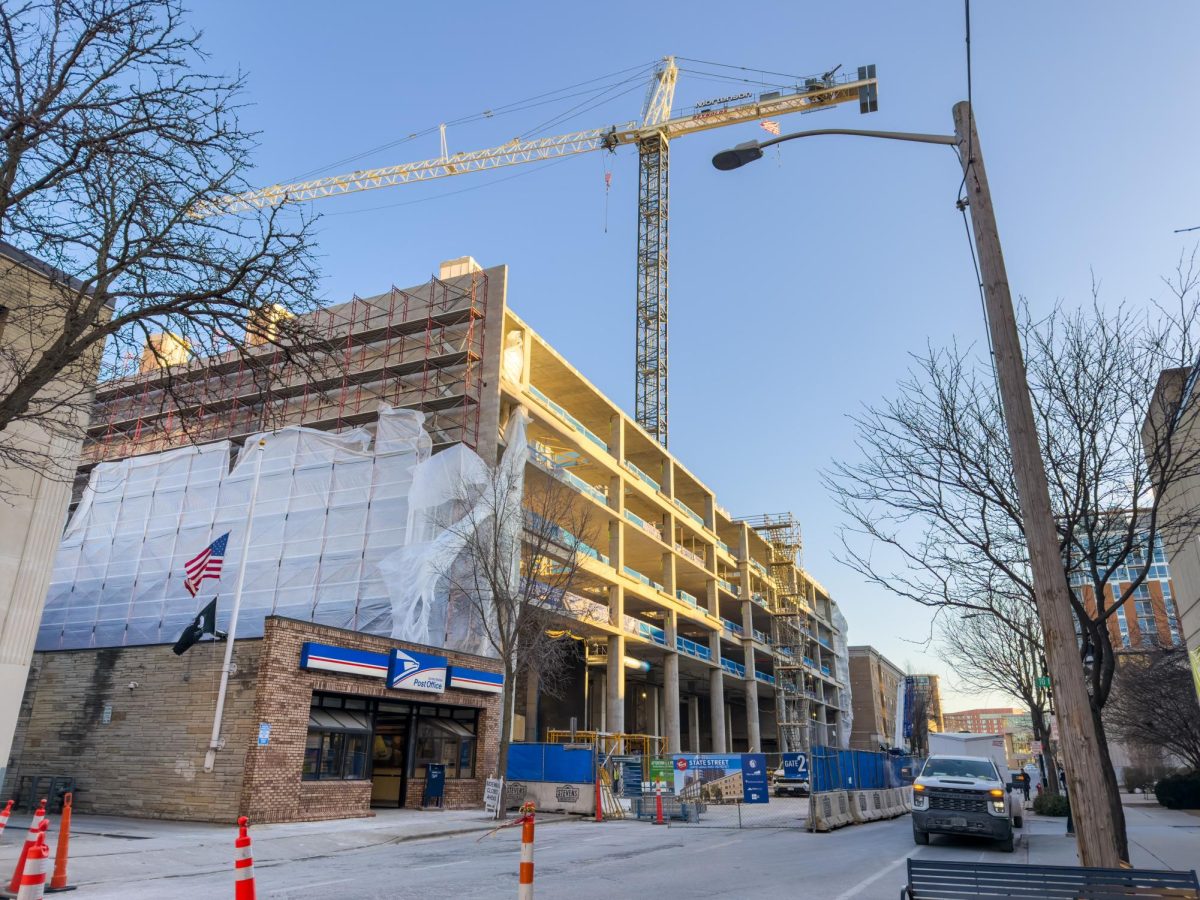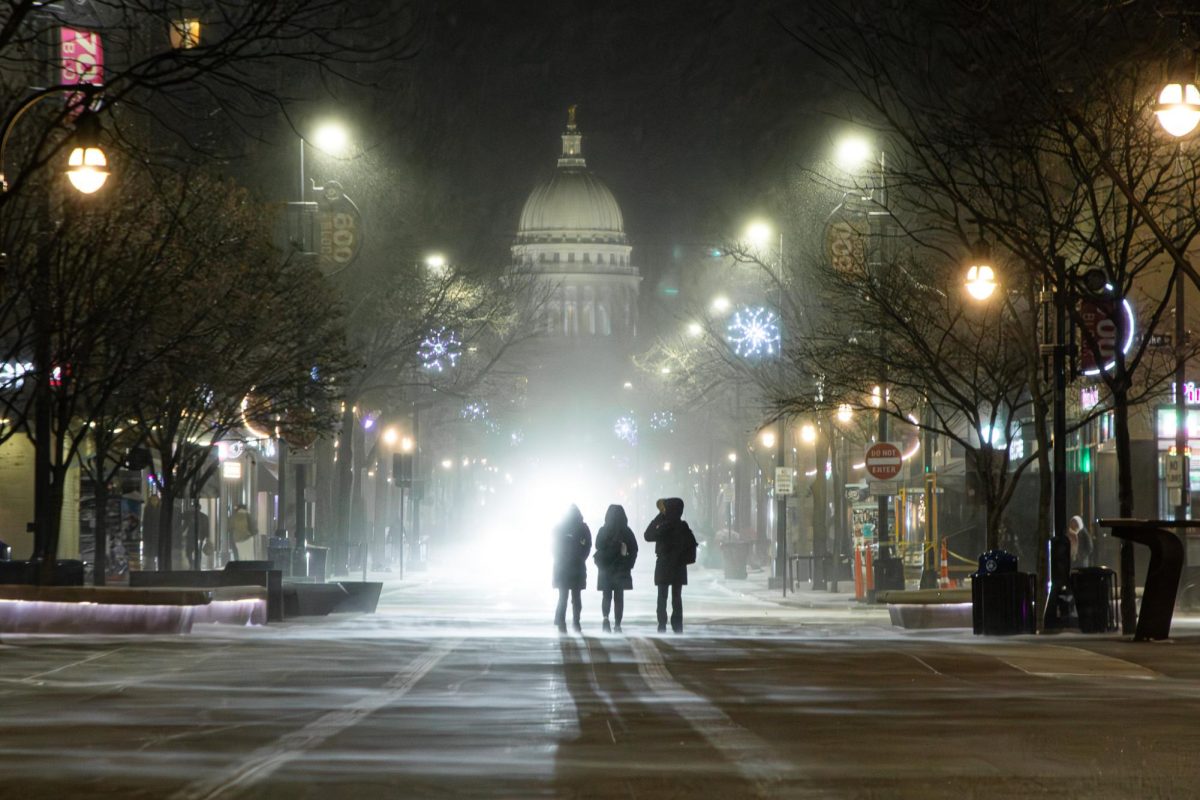Though McPike Park was never an official homeless encampment by city standards, the encampment will close by the end of February.
City of Madison Community Development Division Director Jim O’Keefe said people suffering from homelessness started gathering at McPike Park as early as the start of last summer. But the group gathering there did not reach its largest point until late summer into early fall.
O’Keefe said at its largest point, the McPike Park encampment got as large as around 40 people staying there for extended periods of time.
“It started very small and grew fairly rapidly in the latter part of the summer months,” O’Keefe said. “In recent weeks, it has been fewer than 10 people.”
McPike Park is not a sheltered location, so with the recent extreme cold temperatures, many of the people who were staying there already moved to other locations.
No matter the time of year, O’Keefe said there are safer options available for people who need temporary shelter.
“It is not now, and it never has been the city’s intent to promote outdoor camping by persons experiencing homelessness as a long-term alternative to shelter or housing,” O’Keefe said. “It’s why we have invested hundreds of thousands of dollars into larger and safer overnight shelter facilities.”
O’Keefe says the city worked in recent years to make temporary housing options more available, including not turning people away because of their background, substance use or other factors that would have disqualified people from using shelters.
Shelters also no longer have the 90-day limit on how long people can use the shelter space, and transportation is provided to and from the shelters during the day to increase accessibility, according to O’Keefe.
Ald. Marsha Rummel of District 6, where the park is located, agreed the new standards for acceptance into temporary shelters made it easier to help people off the streets and out of outdoor encampments.
“We are in a housing crisis in Madison, even before COVID-19. We do need more housing overall,” Rummel said. “Until really recently, the men’s shelters wouldn’t let you in if you were under the influence of something, but it helps now that they’ve relaxed that standard.”
In the case of McPike Park, multiple living arrangements were made for the people to go to rather than staying in an unsheltered location, according to O’Keefe. Some people took advantage of their own contacts and resources to find shelter with family and friends, but in many cases, campers work with street outreach staff.
O’Keefe said street outreach staff are employed by local nonprofits and volunteer groups, some of whom are supported by city financial resources. Outreach staff are working with those who are staying at McPike Park to find other solutions to their housing needs.
In some cases, outreach staff are able to help people secure permanent housing. Some of the McPike campers took advantage of the Tiny House Village set up by Occupy Madison, and some took advantage of the expanded shelters, O’Keefe said.
“Those outreach staff have been focused on the unsheltered population in Madison for some months,” O’Keefe said. “There is constantly work that is done by the street outreach teams to try to connect people in the city that are unsheltered either to shelter or housing resources that are in place.”
City officials decided to bring the McPike Park homeless encampment to a close now in order to affect the least amount of people, O’Keefe said.
According to O’Keefe, city officials work with campers and will continue to do so in order to make this minimally disruptive.
“Right now is a time when there are relatively few people using [McPike Park], so doing this now will minimize the number of campers who would be impacted by that action,” O’Keefe said.
Because so few people are still occupying the park, the closing of the encampment will mostly involve removing possessions from the area that are no longer wanted.
O’Keefe and Rummel both stressed the closing of the McPike Park homeless encampment should not be viewed as an enforcement action.
“There’s no interest from the city to any kind of enforcement. We really want to work with people to find solutions,” Rummel said. “We just want to be able to find places for people to go that are safe housing options for everyone.”


